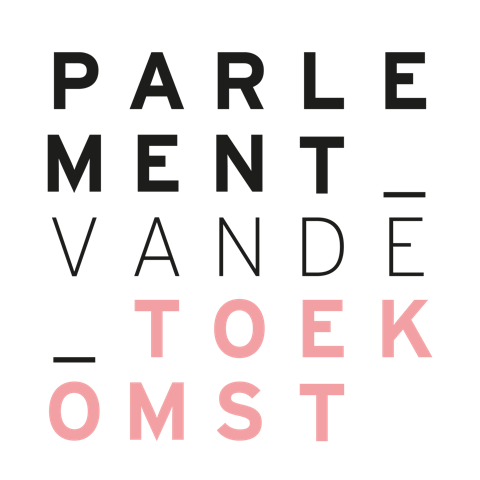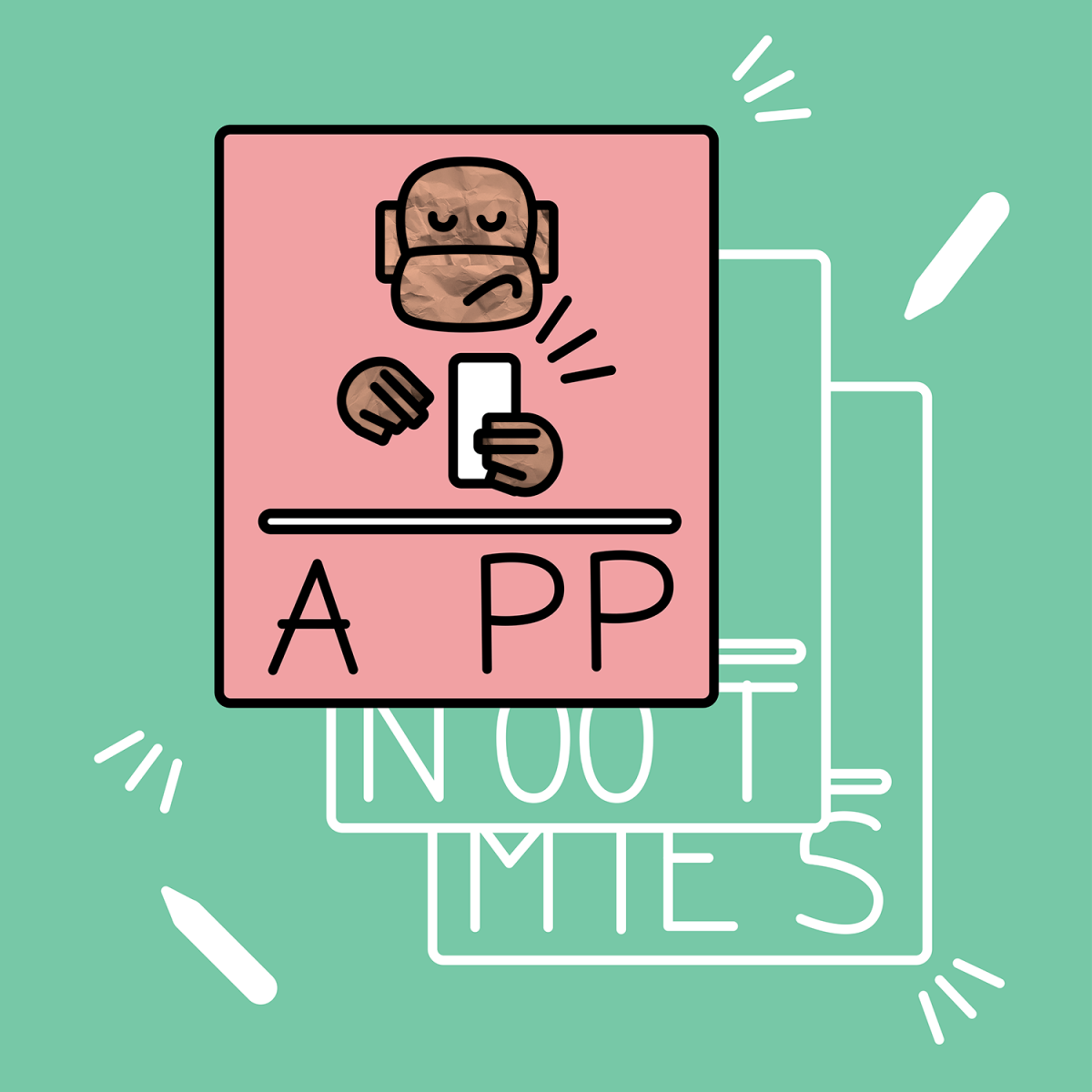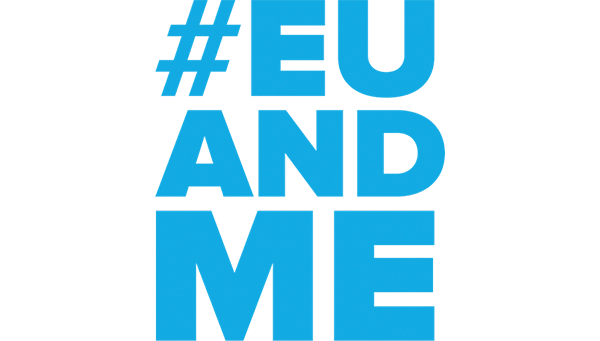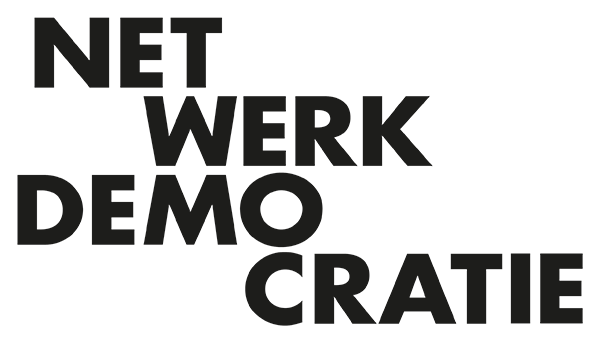Program
Time: 19:30 – 20:30
Date: 28 May 2020
Language: English
How do you empower the young generation of today to meet the challenges of the future? To be able to contribute to a more sustainable planet and a fairer society, students and young people must learn the skills to play a role in the challenges of the 21st century.
In response to the complex challenges we face, ‘practice-based learning’ has emerged across Europe. Different aspects related to practice based education are:
- Democratising education: including, for example, more self-directed learning in which there is more flexibility to adapt educational programmes to personal development and interests. This also includes the emergence of alternative forms of knowledge creation, such as ‘citizen science’ wherein citizens conduct research rather than scientists. These forms of bottom-up knowledge are being taken more and more seriously.
- Learning in a networked society: education takes place not only within educational institutions but also within different societal knowledge networks. Outside of ‘knowledge institutions’, learning can happen in libraries, civil society organizations or more informal networks in the neighbourhood.
- (Social) innovation and experimentation: digitisation plays an important role in making new forms of education possible. This has recently gained momentum with COVID-19, but there is also a societal focus on innovation. How can education collaborate with the city in living labs, community campuses and co-creation projects? Within ‘real-life’ environments, knowledge that aligns with the complexity of everyday practice in the city can be developed.
Being developed in collaboration with Amsterdam University of Applied Sciences, the city’s Strategy on spatial planning and the environment 2050 (Omgevingsvisie 2050) will highlight Amsterdam as a learning environment. For this plan the perspectives of young people are key.
During this session of the Parliament of the Future, we examine the city as a learning environment and consider what it might offer to young Amsterdammers.
With the following guest speakers:
> Frank Kresin, Dean of the Faculty of Digital Media and Creative Industry at the Amsterdam University of Applied Sciences
> Ellen Budde, project manager ‘HvA in de Stad’
Fabacademy – learn how to make (almost) anything
A possible future? Deschooling Society
Digital Society School
Making Sense: a citizen sensing pilot and toolkit
BOOT by HvA – neighborhood shops for education, research and talent development
About BOOT
Omgevingsvisie Amsterdam 2050
About Parliament of the Future
The Parliament of the Future is an initiative by Netwerk Democratie and is co-financed by the European Commission programme EU and ME.



